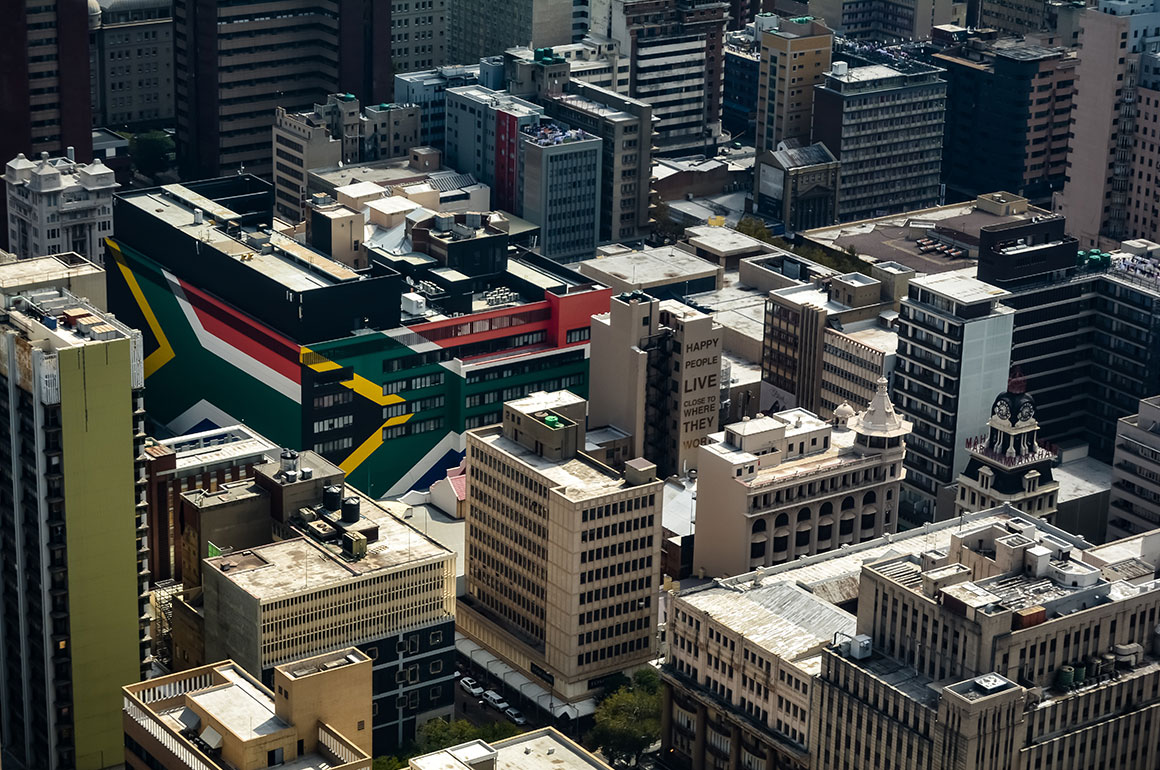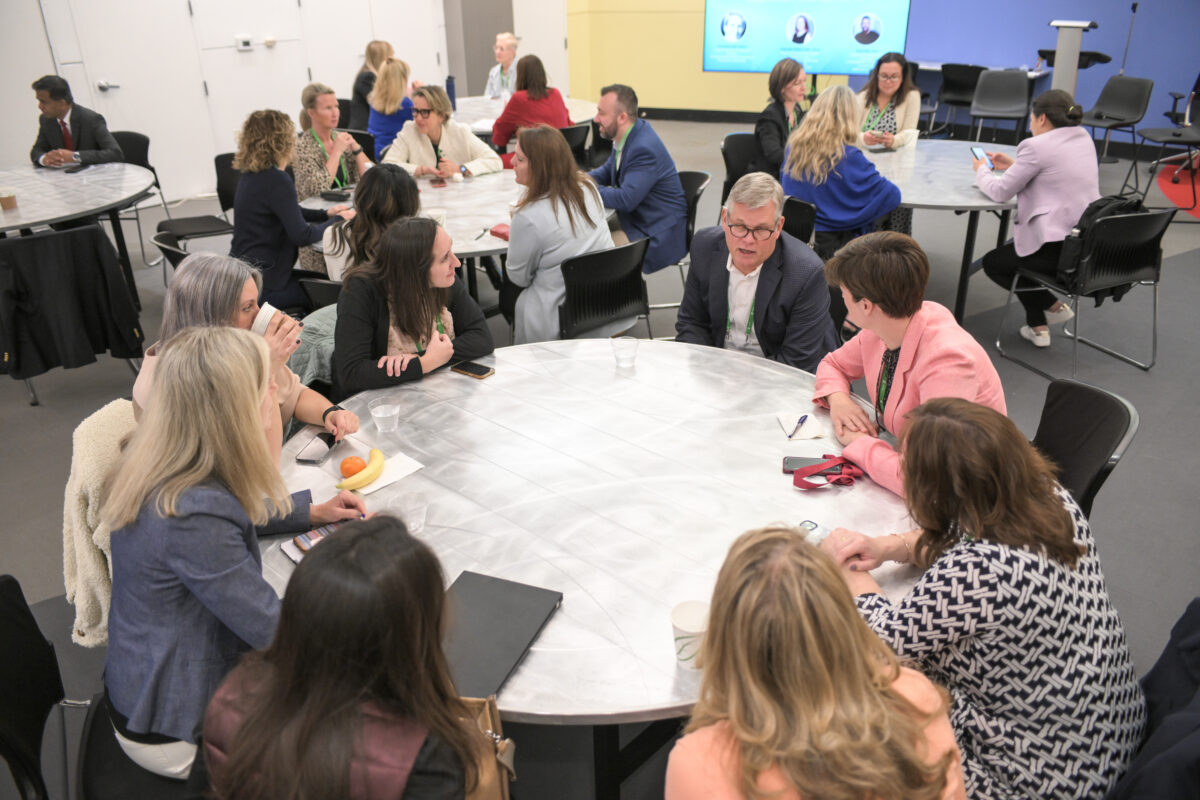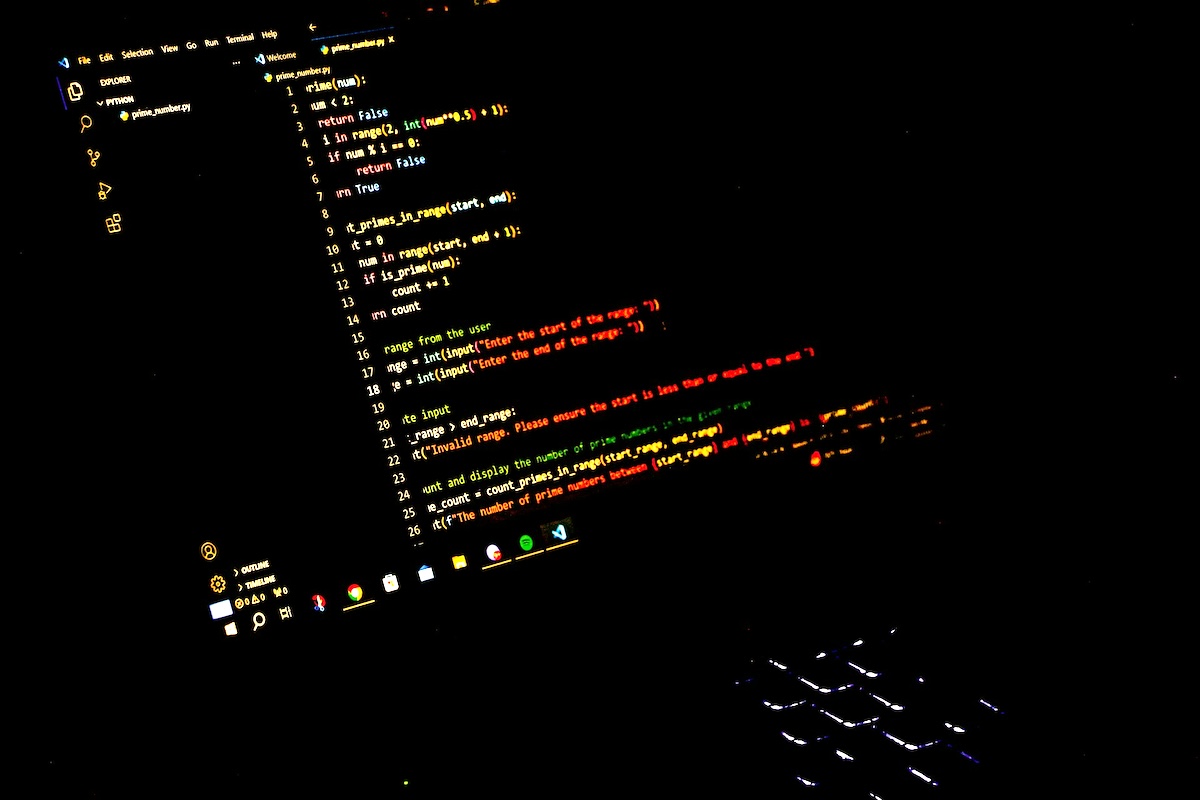Skift Take
The discovery of a new Covid variant has sparked panic across the globe and left many event professionals dealing with mass cancelations. While it’s still early days, it’s crucial to unpack Omicron’s impact on our industry and understand how we can move forward.
The events industry was one of the first sectors to be shut down, along with travel and tourism, when the Covid pandemic swept across the globe in 2020. Because of this, the industry has had its fair share of trials and tribulations, with mass event cancelations, job losses, and business closures worldwide.
Now, just as the sector seemed to be on the road to recovery, the discovery of a new Covid variant is leaving many planners with an uncomfortable sense of deja vu.
Omicron, the new Covid variant, was first detected by South African scientists in the region and disclosed to the world on the 25th of November 2021, sparking a new wave of panic, travel bans, and event cancelations.
Event professionals have (again) found themselves grappling with feelings of uncertainty, fear, and disappointment while asking questions like, “What do I do next?” and “How will we recover?”
While it is still early days in our understanding of and dealing with Omicron, it is crucial to unpack the impact of the new variant on our industry. This exploration includes looking at the regions most affected by current restrictions.
Omicron: the impact so far
So far, Omicron has been detected in several countries across the world. And the strain on the event industry is already apparent.
While event professionals worldwide are struggling with a new wave of concerns about what this new variant will mean for the industry, some are already starting to experience cancelations due to the global reaction.
Since the discovery of Omicron by South African scientists, the sub-Saharan region has been subject to numerous travel bans. But where the variant originated is still too early to know for certain — with many calling the reaction to South Africa and Africa as a whole premature, misguided and unjustifiable.
New reports also suggest that Omicron was present in the Netherlands one week before the discovery was made public by South Africa, and tracing is currently underway to determine whether those cases had traveled to the region or not.
But while some praised South Africa for its transparency in disclosing the new variant, the damage has already been done for many local event professionals.
Glenton De Kock, CEO of the South African Association for the Conference Industry (SAACI), recently stated in an interview with eNCA that a Snap survey was conducted to assess the number of cancelations the industry is currently facing due to the discovery of Omicron and the predicted fourth wave. The survey results indicated that South African planners are experiencing cancelations at approximately 65 percent on average.
In a follow-up with De Kock, he said that the survey was aimed at obtaining a snap industry overview following the announcement and travels bans. A comprehensive assessment will be made around the broader impact in the following weeks.
Sharif Baker, Chairperson for SACIA and Chairperson for the Ministerial Advisory Team to the Minister of Sports, Arts and Culture, confirms the situation on the ground:
“Before discovering the new variant, events had started picking up in South Africa, but not to their pre-Covid rates just yet. Some businesses were doing well, especially with smaller corporate events. But since South Africa discovered the new variant, I know of many (event) companies that have lost a lot overnight — some up to R1 million rand (approximately $62,991) with gigs canceled. So, this new variant has hit us very hard. And not the variant itself but rather the fear-mongering taking place. Currently, we are unsure what the recovery from this damage will look like in the future.”
Herkie Du Preez, MD for Event Wizards, Johannesburg, shared his frustrations regarding the sudden cancelations. Although corporate clients had already planned smaller mixed-format events with the company, like year-end functions, everything came to a complete stop after the announcement of the new variant. “2021 is over for us,” he said. “We had a good and busy last couple of months, but this sudden pause in events has forced us to close early for the December holidays to keep operational costs as low as possible.”
Although the rest of 2021 has been canceled for many South African event professionals, Du Preez still believes things will look up in the new year once we understand more.
Major sporting events have also seen postponements like the Netherlands VS South Africa ODI, and the Alfred Dunhill Championship canceled.
What now?
What has happened in South Africa transpired instantly. The industry on a grassroots level (like companies and planners) did not have the opportunity to protect themselves against the world’s reaction to the variant.
Even in reaching out to engage with local planners for comment, many could not respond due to handling the wave of cancelations and operating in crisis management mode — all while safeguarding events scheduled for 2022 and preparing for the December break (when most companies in South Africa close for the year).
And while the short-term effects are devastating, planners in the country are still unsure of the long-term effects. “Omicron is new to us. We do not yet know the efficacy of vaccines against the variant or how deadly this variant is,” says Baker.
From a governmental perspective, Baker further states the majority of campaigns have been around Vooma Vaccination, a campaign aimed to mobilize people living in South Africa to get vaccinated against Covid-19. He also said that future events will likely be accessible to vaccinated attendees only as the country moves to enforce vaccine mandates. “We need to tell the world that South Africa is a safe place to travel and host events,” concludes Baker.
While the impacts seen in South Africa may not yet have made their way across the globe, planners worldwide may still have to deal with similar situations in the weeks to come.
But it is not all doom and gloom — preliminary reports suggest that Omicron symptoms are milder compared to other variants, although it is too early to confirm that it will remain this way.
Drawing from experience to respond to the present
As event professionals, we should draw from past experiences and respond objectively moving forward without mass hysteria.
Unfortunately, planners will have to get comfortable with the present uncertainty around the emergence of a new variant and wait to see what happens in this regard.
However, while the details of the current situation may differ (we are dealing with a new variant after all), the underlying themes remain similar — adaptation, management, and response.
By having knee-jerk reactions, we make ourselves and our industry vulnerable (and not in a good way) and potentially take actions that could have lasting negative consequences. But when we focus instead on enhancing our response-ability and drawing from experience collaboratively, we can make better decisions.
Travel bans and cancelations are, at times, necessary to save lives. However, when fear is reactive, it can have devastating results. The World Health Organisation (WHO) has advised countries against imposing travel restrictions linked to the new variant prematurely, saying a “risk-based and scientific approach” should be taken instead.
With careful consideration, focusing on the facts of the situation, what we learned through experience, and reaching out to others in the industry, we get a holistic picture of a (complex) situation and make decisions based on facts rather than assumptions. This approach can help us best manage our response over the coming weeks and months.
Moving forward
While the cost of having to implement event safety, planning, and adapting to new circumstances may seem high, the cost of not doing so is exponentially higher. As planners, we must learn from what has happened over the past two years and use that knowledge to move forward as a collective with an empowered perspective in 2022.
“For many of us in the event industry, it is in our blood. We are passionate about what we do. The age-old adage must still prove true, ‘Let the music be the food of love, play on.’ And in our situation, this means, no matter what.”
— Sharif Baker





